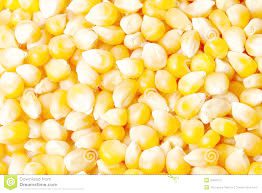The United Nations’ World Food Programme (WFP) has warned of widespread hunger in Zimbabwe over the coming five months and pledged to double the number of food-insecure people it is assisting in the southern African country.
WFP executive director David Beasley said in a statement on Tuesday that the UN agency more than 7.7 million Zimbabweans – about half the population – are facing severe hunger and warned that the “situation is going to get worse” in coming months.
“With poor rains forecast yet again in the run-up to the main harvest in April, the scale of hunger in the country is going to get worse before it gets better,” Beasley said.
He said WFP is scaling up its already sizeable emergency operation in Zimbabwe and plans to more than double the number of people it is helping by January 2020 to 4.1 million, providing life-saving rations of cereal, pulses and vegetable oil and a protective nutrition ration for children under five years of age.
“We’re deep into a vicious cycle of sky-rocketing malnutrition that’s hitting women and children hardest and will be tough to break,” the WFP chief said.
He however revealed the UN agency was short of funds and would require immediate support to meet the growing needs of the hardest-hit Zimbabweans.
An estimated US$293 million is required for WFP’s emergency response but less than 30 percent of that amount has so far been secured.
“We urge the international community to step up funding to address the root causes of long-term hunger in Zimbabwe,” Beasley said.
Zimbabwe’s hunger crisis – the worst for more than a decade – is part of an unprecedented climate-driven disaster gripping southern Africa.
Temperatures in the region are rising at more than twice the average global rate and ever more erratic rainy seasons are hitting the country’s subsistence farmers hard.
The crisis is being exacerbated by a dire shortage of foreign currency, runaway inflation, mounting unemployment, lack of fuel, prolonged power outages and large-scale livestock losses, afflicting urban residents and rural villagers alike.
JN/APA


